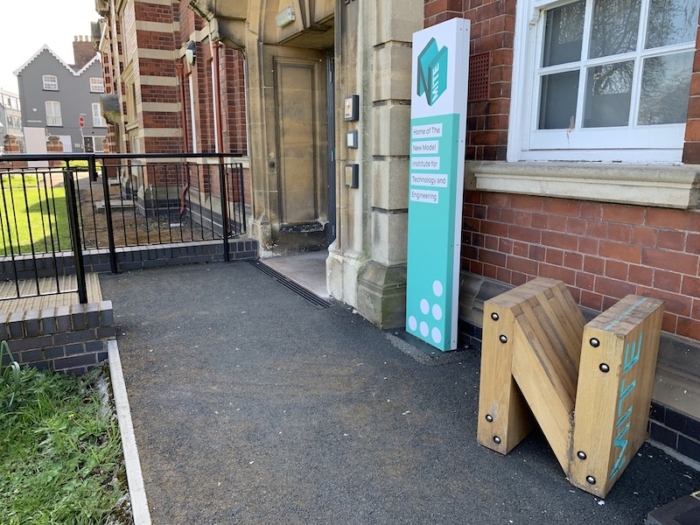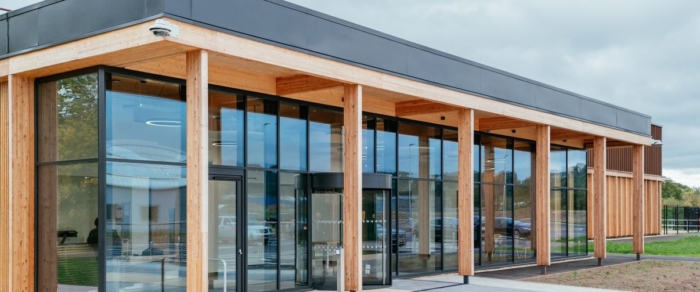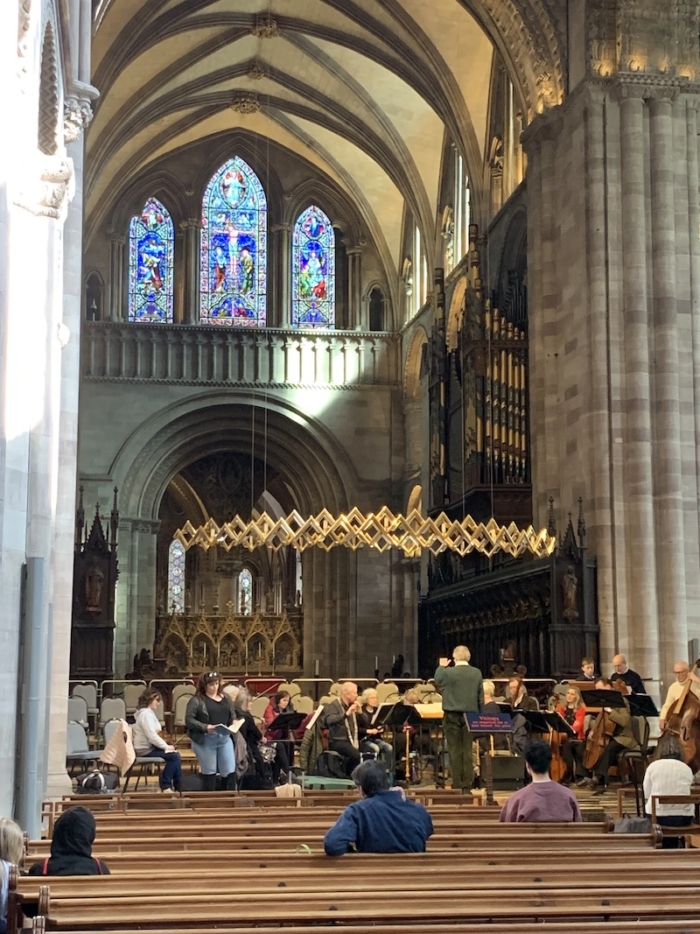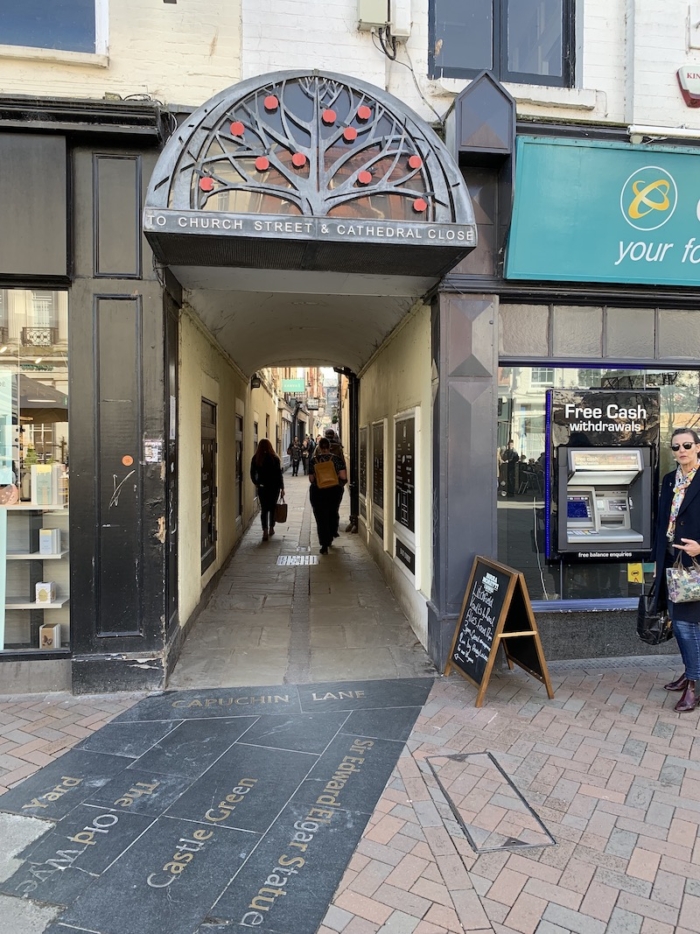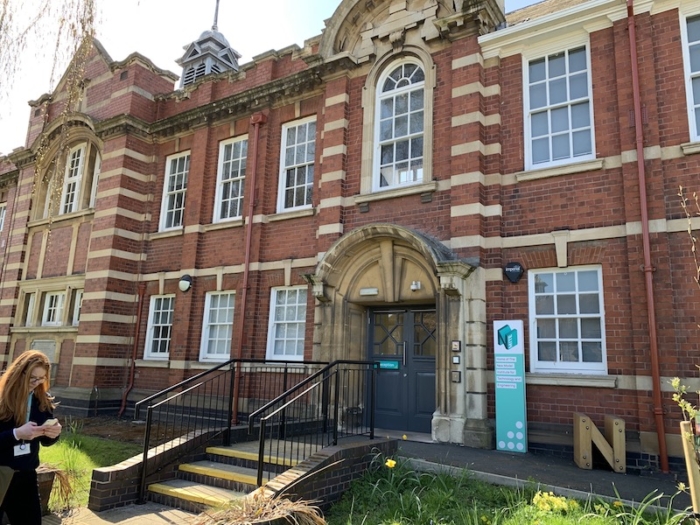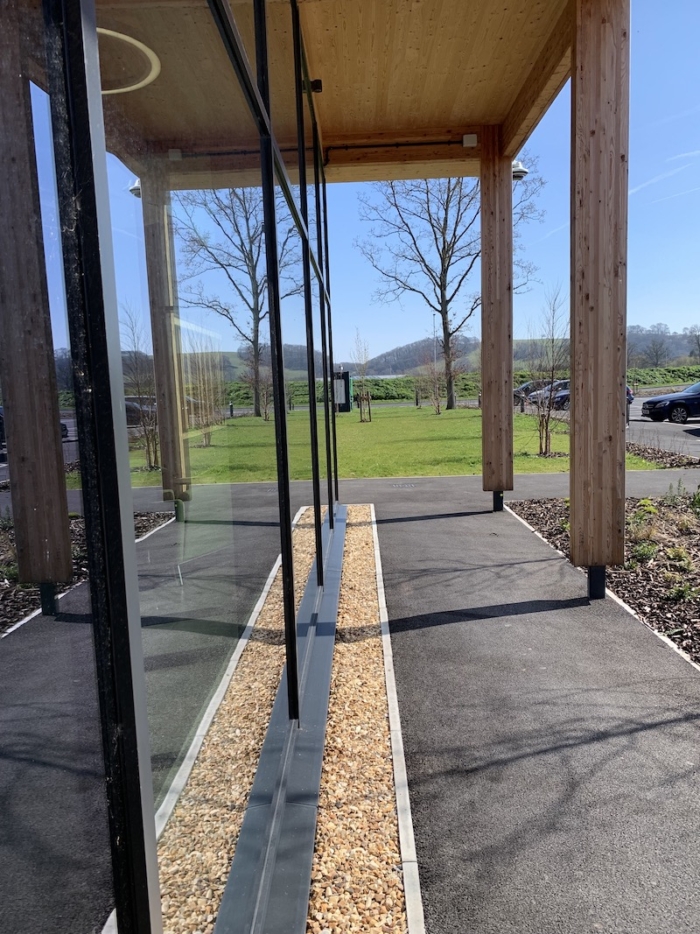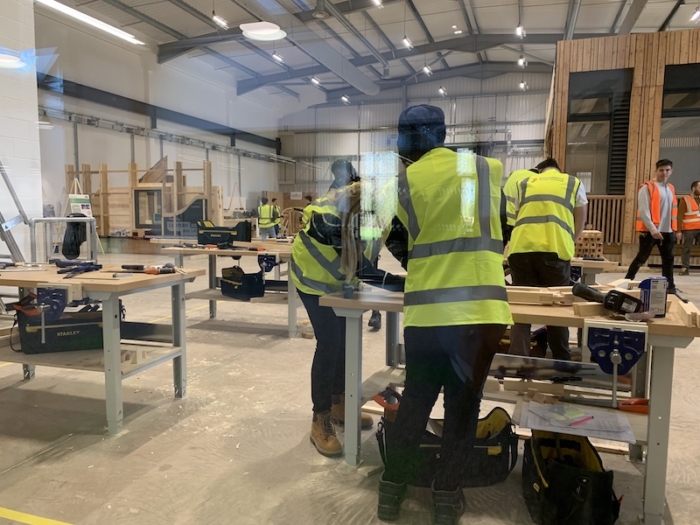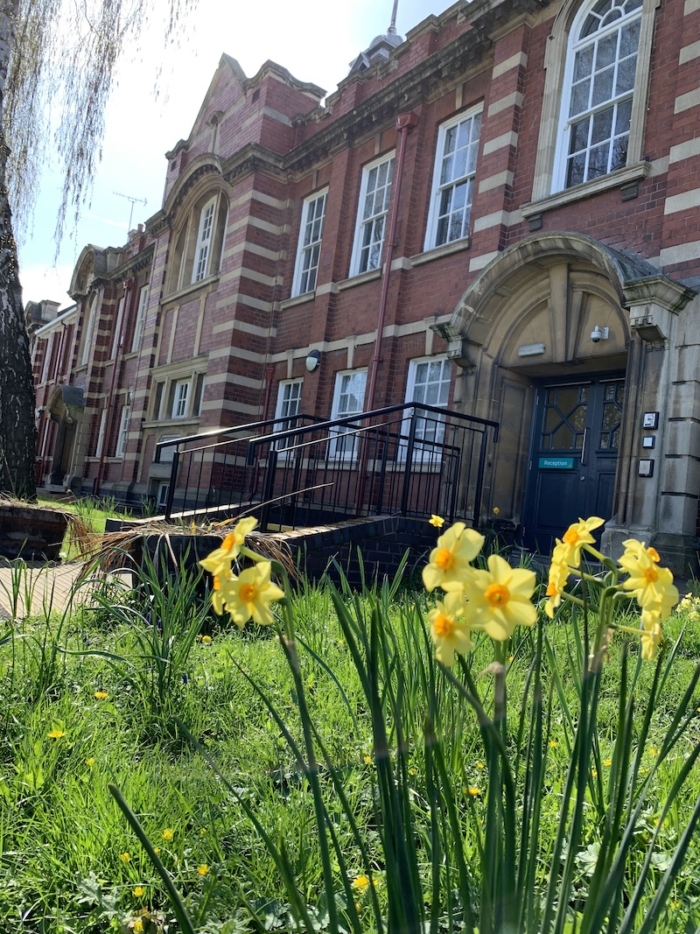Every year, the Engineering Professors’ Council flagship Congress meeting defines what’s hot in engineering academia. Competitively hosted by EPC members themselves on a UK touring model, in 2023 we are thrilled to be visiting the historic city of Hereford; a foodie paradise on the Welsh border. We celebrate six weeks to go with six reasons why you should come too, from 12th to 14th June…
1. A glimpse into NMITE’s new model. Many of us have angled for an invite, here’s yours.
Hereford is, of course, home to NMITE; our hosts and new kids on the block in engineering HE. We’ve all heard of NMITE’s challenger approach and hands-on engineering degrees. No lecture halls. No traditional exams. No physics or maths requirement. But what does this actually look like and how does it relate to our own model of engineering HE?
Congress will be based at Skylon Campus: a new, sustainably built smart building constructed from responsibly sourced timber. We’ll be using the student spaces for ourselves throughout the event. There is also the opportunity to take a guided tour around NMITE’s repurposed, state-of-the-art city centre facility, Blackfriars Campus.
2. Our awesome line up of speakers
Featuring Vivienne Stern MBE, Chief Executive of Universities UK; Vicki Stott, Chief Executive of the Quality Assurance Agency; The Rt Hon Jesse Norman MP, Minister of State (Decarbonisation and Technology); Dr Annabel Kiernan, Pro Vice Chancellor of Staffordshire University; Dr Ruth Graham, author of Improving University Reward for Teaching: A Roadmap for Change; Ian Dunn; Provost of Coventry University; and Rod Bristow, former CEO of Pearson UK.
Plus a host of expert speakers from on new models of recruitment; delivery; curriculum; assessment; employability; academic employment and progression; and funding. Including: Advance HE; Dyson; Pearson UK; the Royal Academy of Engineering; Siemens; Arden University; Canterbury Christ Church University; University of Cambridge; University of East Anglia; Imperial College London; NMITE; Oxford Brookes University; Swansea University; TEDI-London; University College London; Warwick Manufacturing Group; and Wiltshire College
3. An opportunity to try blacksmithing
The Rural Crafts Centre is recognised as the foremost national centre for Smiths and is the largest training based forge in Europe. On Monday, you can enjoy a hands-on blacksmithing workshop and go home with your very own hand forged results to show for it! Spaces on this amazing activity are limited and will be offered on a first-come first served basis. So book your space sooner, rather than later.
4. Food and even more culture
A good lunch is always a draw, and we promise you’ll be impressed with Hereford’s impressive food pedigree. We’ll feed you well in the day, and even better at night, warming up with an all-weather curry social on Monday night before the main event, Congress dinner on the Left Bank overlooking the River Wye, on Tuesday evening. You’ll be entertained by neuroscientist, author and blogger, Dean Burnett, and we’ll celebrate the success of the EPC student Hammermen Award finalists. You will already have experienced the awe-inspiring Hereford Cathedral – home of the mappa-mundi – where world famous physicist, Professor Dame Athene Donald DBE, FRS, will give the public lecture on Monday.
5. Your network, let’s network
This year, Congress truly belongs to the Engineering Academics Network. Annual congress is an event to bring together engineering academics at all levels of their career, from deans and heads of department to postgraduates. We’ve missed the organic opportunity to ask questions, discover and share innovative ideas, and gain important professional insight across a host of engineering-related institutions. We are proud to support early career academics with heavily discounted tickets for Congress. Networking opportunities at Congress are second to none. We want more of you to benefit!
6. Outstanding value for money
With early bird member tickets discounted to under £300 until 5th May, and an even bigger EPC subsidy for early career staff and staff from the hosting university, the professional development on offer is a steal. Where else can you get so much for so little?
Bookings are now being taken for EAN Annual Congress. Tickets and further information here.
 What health and safety, environmental, and legal policies affect offshore wind farms? If they are in the open sea, which country’s laws are applied? Who is responsible for maintaining ecosystem health in the open sea? How are harms identified and mitigated?
What health and safety, environmental, and legal policies affect offshore wind farms? If they are in the open sea, which country’s laws are applied? Who is responsible for maintaining ecosystem health in the open sea? How are harms identified and mitigated?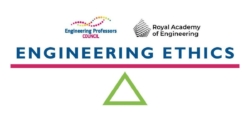 What health and safety, environmental, and legal policies affect offshore wind farms? If they are in the open sea, which country’s laws are applied? Who is responsible for maintaining ecosystem health in the open sea? How are harms identified and mitigated?
What health and safety, environmental, and legal policies affect offshore wind farms? If they are in the open sea, which country’s laws are applied? Who is responsible for maintaining ecosystem health in the open sea? How are harms identified and mitigated?

